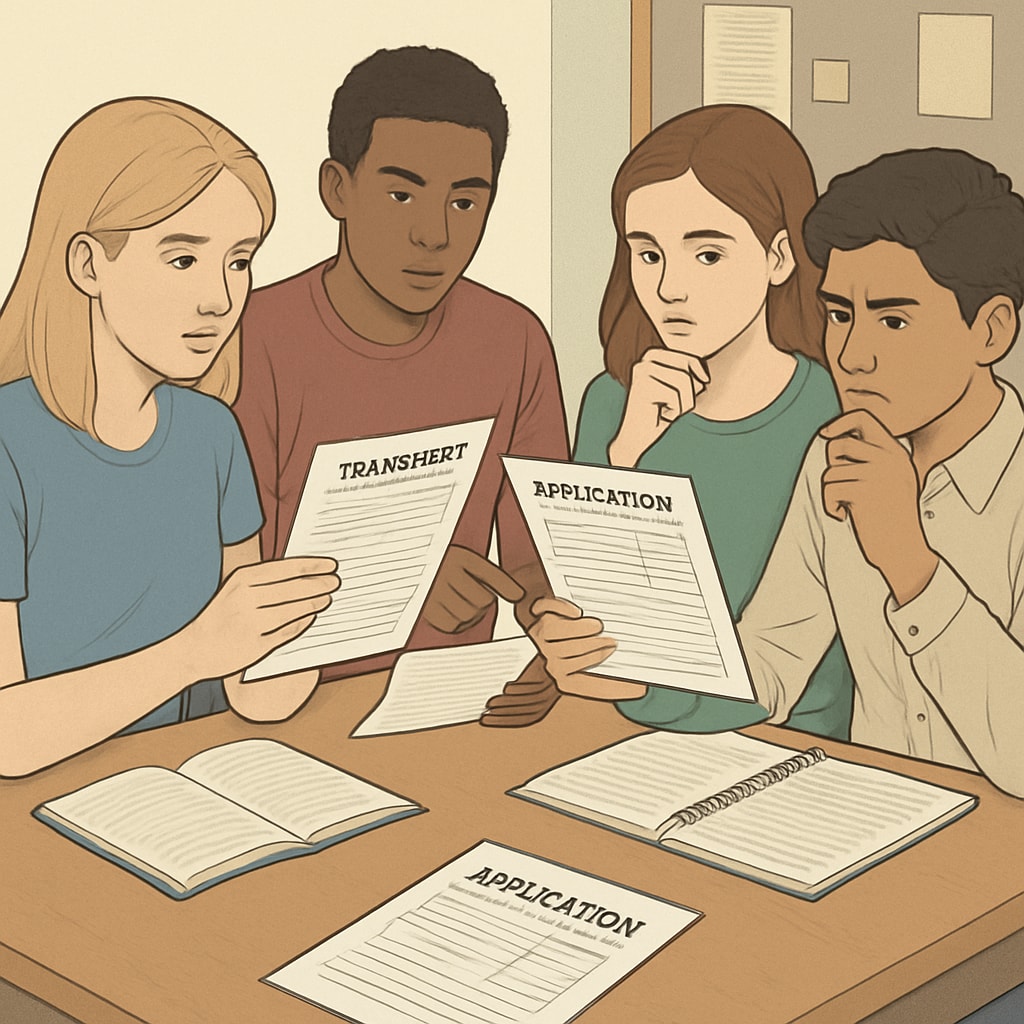When applying to prestigious institutions like Harvard University, students often worry about how a single low grade might affect their chances of admission. With Harvard’s reputation for rigorous standards, it’s natural to feel anxious about imperfections on your transcript. But does one low grade truly derail your dream of attending this world-renowned university? This article delves into the significance of academic performance in the context of Harvard’s holistic admissions process and provides practical strategies for applicants who find themselves in this situation.

Understanding Harvard’s Holistic Admissions Process
Harvard University employs a holistic admissions process, which means that they evaluate applicants based on a wide range of factors beyond just academic performance. While your grades are undoubtedly an important part of your application, they are not the sole determinant of your admission. Harvard considers elements such as extracurricular activities, essays, recommendation letters, and standardized test scores alongside your academic record.
According to a statement on Harvard’s admissions page, the university seeks students who demonstrate intellectual curiosity, leadership, and a commitment to their communities. A single low grade, particularly if it’s offset by strong performance in other areas, is unlikely to be a deal-breaker.
How Admissions Committees View a Single Low Grade
Admissions committees understand that students are not perfect and that occasional setbacks can happen. A low grade in one class may be viewed in the context of your overall academic trajectory. For example:
- If your transcript shows consistent improvement over time, a low grade early in high school may be seen as a learning experience rather than a red flag.
- A challenging course load, such as Advanced Placement (AP) or International Baccalaureate (IB) classes, can demonstrate your willingness to take risks academically, even if your performance isn’t flawless.
- Context matters. Admissions officers will consider any extenuating circumstances, like illness or personal challenges, that may have contributed to a lower grade.
As a result, a single low grade is unlikely to overshadow the entirety of your application, especially if you excel in other areas that align with Harvard’s values and expectations.

Strategies to Address a Low Grade in Your Application
If you’re concerned about how a low grade might reflect on your application, there are proactive steps you can take to mitigate its impact:
- Address it in the Additional Information Section: Use the optional section of your application to briefly explain the circumstances behind the low grade. Be honest, but avoid making excuses. Focus on what you learned and how you’ve grown from the experience.
- Highlight Strengths Elsewhere: Emphasize your achievements in other areas, such as extracurricular activities, leadership roles, or community service. These accomplishments can showcase your potential and dedication beyond academics.
- Secure Strong Recommendations: Letters of recommendation from teachers or mentors who can speak to your character, work ethic, and intellectual curiosity can help offset concerns about a single low grade.
- Write a Compelling Essay: Your personal statement is an opportunity to tell your unique story and provide insight into who you are as a person. Use it to highlight your resilience and determination.
Final Thoughts: Beyond the Numbers
It’s important to remember that Harvard University, like many other elite institutions, is looking for students who bring more to the table than just perfect grades. A single low grade does not define you as an applicant or as a person. Admissions officers are trained to consider the bigger picture and to identify candidates who demonstrate potential, curiosity, and the ability to overcome challenges.
Ultimately, your application is an opportunity to tell your story. By addressing any weaknesses directly and focusing on your strengths, you can present yourself as a well-rounded and compelling candidate. So, while a low grade might feel like a setback, it doesn’t have to mean the end of your Harvard dream.
Readability guidance: This article uses short paragraphs and clear language to ensure accessibility for readers. Key points are summarized in lists, and transitional phrases like “however,” “in addition,” and “as a result” are used to maintain flow. The content avoids excessive passive voice and keeps sentence length manageable.


